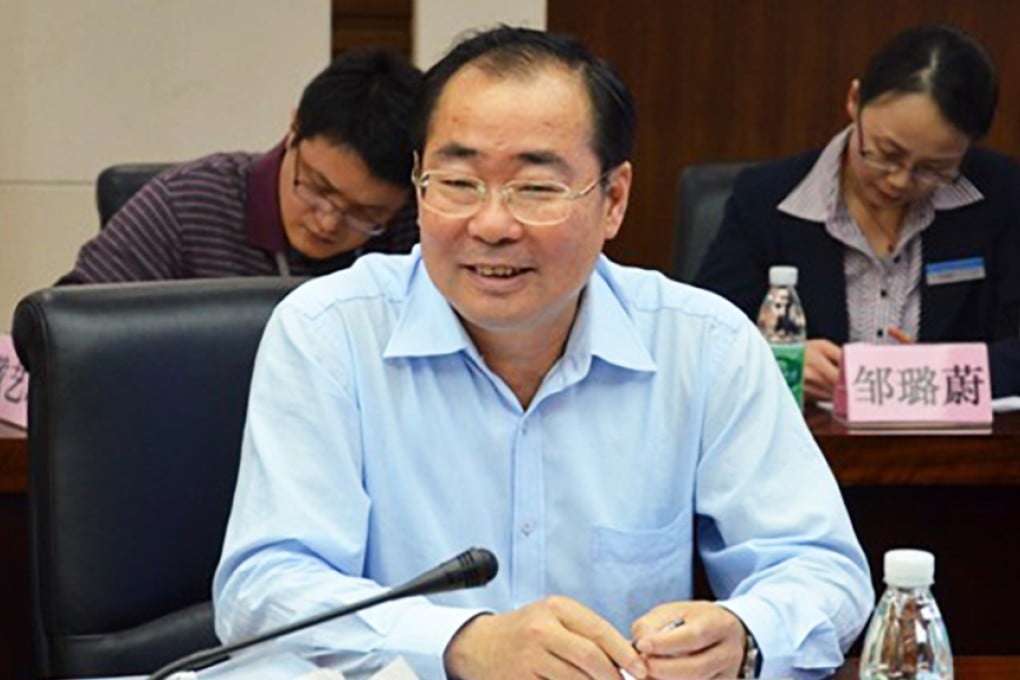What the Mainland Media Say | With graft-busters on the take, how to guard the guardians?
Disciplinary officials must be beyond reproach, yet rising numbers are being ensnared in the anti-corruption drive

The main role of the party watchdog, the commissions for discipline inspection at various levels of government, is to tackle corruption. The groups are the most powerful investigative bodies on the mainland, even more so than the police or other law enforcement agencies, as they supervise the Communist Party's more than 80 million members and the whole of officialdom.
But the party is facing the challenge of how to guard the guardians, as those thought to guarantee communist rule could themselves be undermining the right to rule.
No wonder then that news the Central Commission for Discipline Inspection was investigating Zhong Shijian, deputy chief of the Guangdong provincial disciplinary agency, for graft became a hot topic of comment among state media.
"Like Caesar's wife, the discipline agency and its inspectors themselves must be beyond reproach. The investigation of a senior Guangdong official at the very heart of the struggle against corruption shows that the day when even the agency itself is above suspicion is still a long way off," a Xinhua editorial said. "Only when one is upright, can one ask others to be upright."
Jiangsu Wang, a news portal of the Jiangsu provincial government, asked that, with Zhong's arrest for alleged corruption charges, "whose face has it slapped?"
"Zhong Shijian has broken the rules he is supposed to uphold. His behaviour has tarnished the disciplinary body's reputation and is akin to a heavy slap on the anti-graft department's face," it said in a commentary.
But the Beijing Times said that "there is a symbolic significance to the sacking of disciplinary officials".
